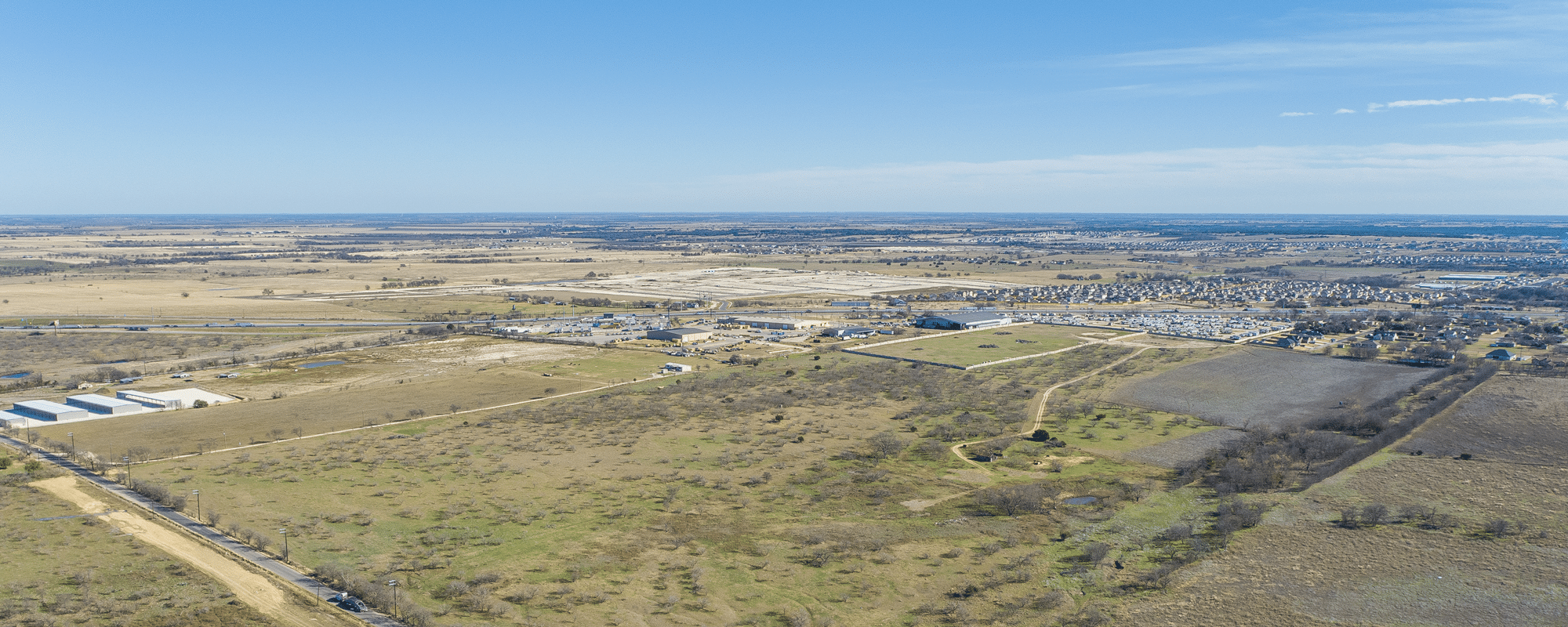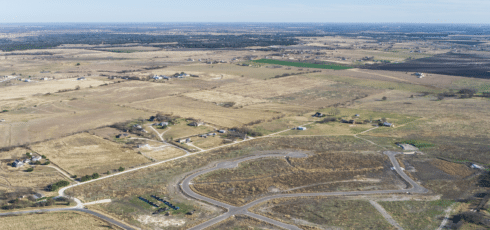Interest rates play a significant role in shaping the economy. One area where their influence is particularly pronounced is in the valuation of land. Land values are intricately tied to interest rates due to their impact on project costs, market dynamics, and price discovery.
In this article, we explore the relationship between interest rates and land values, highlighting the implications for landowners and providing insights for informed decision-making.
Decreasing Demand for Land
Interest rates have a significant influence on land values, primarily driven by two interconnected factors:
Project Cost Implications
The first factor relates to the direct financial implications of development projects. As interest rates rise, so does the cost of borrowing. This escalation in interest costs directly inflates the overall project budget. Simply put, the more developers have to pay in interest, the more expensive the project becomes.
Read Next: Your Guide to Commercial Real Estate Investment Language and Lingo [Glossary, Definitions]
Exit Value Considerations
The second factor concerns the eventual sale or “exit value” of the property. The end buyer, whether they’re purchasing a residential home or a commercial space, will often rely on financing. As interest rates increase, the monthly mortgage or debt service obligations of the buyer also rise. This dynamic means that for the same monthly payment, the buyer can afford a lower principal amount. Consequently, the higher the interest rate, the less the buyer can afford to pay upfront for the property, thereby reducing the potential selling price for the developer.
Building on this, it’s essential to delve deeper into the valuation of commercial properties upon completion. A key metric in this valuation is the spread between the capitalization rate (cap rate) and the cost of debt. The cap rate represents the expected return on investment for a real estate purchase. When there’s a positive spread between the cap rate and the cost of debt, it indicates that the property can generate returns that exceed its financing cost. However, as interest rates rise and the cost of debt increases, this spread can narrow, making the property less attractive as an investment. In essence, as the buyer’s debt becomes more expensive, their capacity to pay a premium for the property diminishes. This dynamic underscores the intricate relationship between interest rates, financing costs, and property valuations, emphasizing the need for careful consideration and strategic decision-making in the real estate market.
Long-Term Land Ownership and Price Discovery
Another issue to consider with high interest rates is price discovery. Land is typically held for extended periods, and its value can fluctuate depending on market conditions. In environments with high interest rates, few landowners are inclined to sell, making it difficult to determine accurate land valuations.
In a market characterized by limited trades and distressed sellers, the absence of comparable transactions (comps) poses a significant challenge in establishing accurate land prices. Comparisons with recent sales are often relied upon to gauge the value of a property.
Read Next: How To Develop an Office or Industrial Building on the Property You Own
Without sufficient comps, landowners and potential buyers may struggle to determine the true worth of their land holdings. This lack of price discovery can create uncertainty and impede decision-making processes.
Price discovery in Texas presents unique challenges due to its status as a non-disclosure state. This means that the details of financial transactions, including the prices properties are traded for, are not required to be made public. Consequently, establishing accurate market prices can be a more complex process.
Conclusion: Navigating Uncertainty with Professional Guidance
The bottom line? Land prices are unpredictable right now.
In light of the intricate relationship between interest rates and land values, landowners are advised to approach the current market environment with a sense of caution. Recognizing the potential impact of interest rates on project costs and the challenges in price discovery is essential.
Read Next: Zoning Districts in Austin, TX: What They Are & How They Affect Your Property
In an environment where land values are subject to greater uncertainty, seeking expert advice becomes paramount. AQUILA possesses a team of land experts who are well-versed in market dynamics and valuation principles. With their guidance, landowners can gain valuable insights into the current market conditions, assess the impact of interest rates on land values, and make informed decisions.
By seeking guidance from AQUILA’s experienced land experts, landowners can make well-informed decisions and navigate the evolving landscape of the market effectively. Schedule a free consultation with one of our investment experts today.














